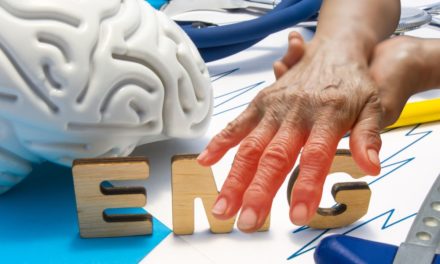Introduction
Tension (Mental, emotional, or nervous strain) Disease and Best Treatment
Tension, whether experienced mentally, emotionally, or as nervous strain, is a common human response to the challenges and demands of modern life. While a certain level of tension can be motivating, excessive or chronic tension can have detrimental effects on both mental and physical well-being. In this article, we will provide a comprehensive exploration of tension, including its various forms, causes, impact on individuals, and effective strategies for treatment and management. By fostering awareness and understanding, we aim to empower individuals to recognize and address tension in healthy and productive ways.
The Nature of Tension
Tension encompasses a range of feelings and experiences, including mental strain, emotional stress, and nervous agitation. It is often a response to internal or external stressors.
Different Forms of Tension
- Mental Tension: Mental tension arises from cognitive overload, excessive worry, or a sense of being overwhelmed by tasks and responsibilities.
- Emotional Tension: Emotional tension refers to the stress and strain caused by intense emotions, such as anxiety, anger, or sadness.
- Nervous Strain: Nervous strain encompasses feelings of restlessness, irritability, and an overall sense of being on edge.
Causes of Tension
Tension can be triggered by a variety of factors, such as:
- Work-related pressures
- Relationship conflicts
- Financial worries
- Uncertainty about the future
- Academic demands
- Health concerns
Symptoms and Impact
Tension can manifest in various ways, including:
- Physical symptoms (headaches, muscle tension, digestive issues)
- Cognitive challenges (difficulty concentrating, racing thoughts)
- Emotional turmoil (anxiety, irritability, mood swings)
- Behavioral changes (restlessness, social withdrawal)
Effective Strategies for Treatment and Management
- Stress Reduction Techniques: Engage in relaxation techniques such as deep breathing, meditation, and progressive muscle relaxation to alleviate tension.
- Cognitive-Behavioral Techniques: Cognitive-behavioral therapy (CBT) can help individuals identify and modify thought patterns contributing to tension.
- Time Management: Learning to manage time effectively and prioritize tasks can reduce feelings of overwhelm.
- Emotional Regulation: Developing healthy emotional coping mechanisms and stress management skills can mitigate emotional tension.
- Lifestyle Changes: Adopting a balanced lifestyle that includes regular exercise, a nutritious diet, and sufficient sleep can improve overall well-being.
Seeking Professional Help
If tension becomes unmanageable or significantly affects daily functioning, seeking guidance from a mental health professional is recommended.
Holistic Wellness
Promoting holistic well-being through self-care practices, social support, and positive relationships can contribute to tension reduction.
Conclusion
Tension is a natural response to life’s challenges, but its impact can be managed through awareness and effective coping strategies. By recognizing its forms, understanding its causes, and adopting holistic approaches to treatment, individuals can navigate tension with resilience and grace. Through stress reduction techniques, cognitive-behavioral approaches, and a commitment to self-care, we can create a more balanced and harmonious existence. Let us prioritize our mental and emotional well-being, seek support when needed, and embrace strategies that empower us to navigate tension with strength and inner peace.










